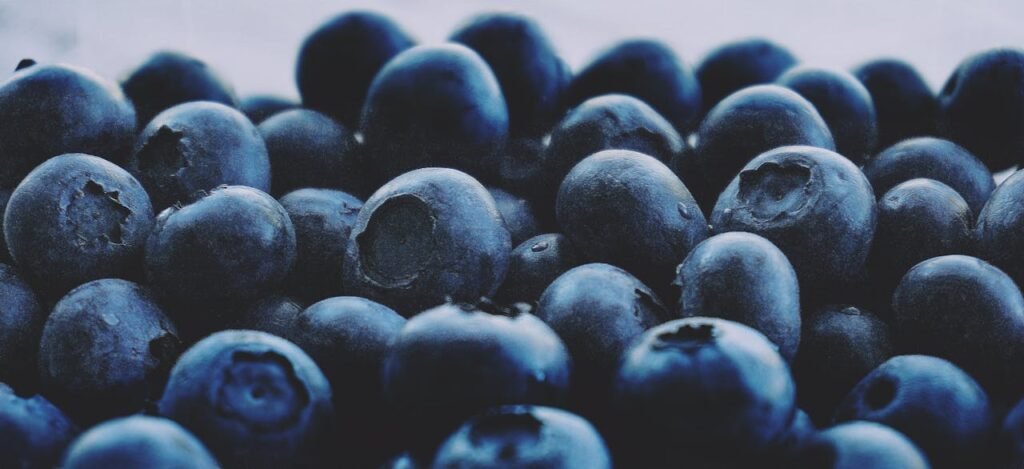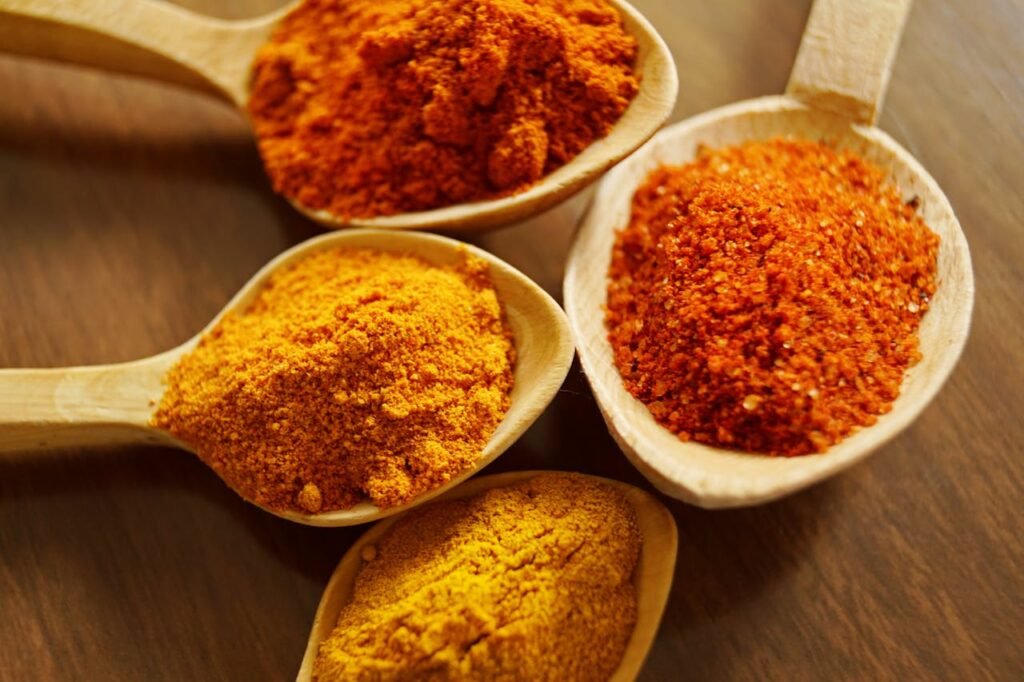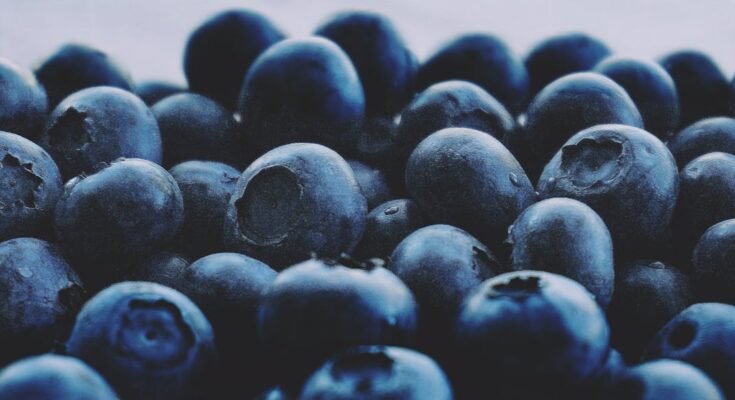7 Foods That Enhance Your Brain Function and Memory

7 Foods That Enhance Your Brain Function and Memory, sounds like the cover of a wellness magazine, but if you have ever found yourself forgetting names, zoning out mid-sentence, or experiencing mental fog while studying , it’s possible your diet is to blame.
Yes, you need more than just motivation and good habits for your brain. You need fuel.
And what you eat directly rewires your brain into a more sharp, focused, and faster functioning processor.
But the good news? You don’t need fancy supplements or expensive superfood powders. The real power foods are sitting on the shelves of your favorite grocery store, simple, natural, and supported by decades of neuroscience.
So, if you are looking for better memory, clearer thinking, and better focus, stick with us. This could literally change the way you think.Also, if you want even more brain-boosting strategies, check out these 7 proven techniques to boost memory retention fast.
Let’s get into it.
1. 7 Foods That Enhance Your Brain Function and Memory: Broccoli, The Green Brain Phenomenon
If there is one green vegetable that deserves the title “brain booster,” it is broccoli.
Why This Works:
- Broccoli is extremely high in Vitamin K, and vitamin K is essential to the formation of sphingolipids (very dense fats which are packed in brain cells). Vitamin K has been proven to enhance cognitive function, and stave off brain aging.
- It also contains:
Antioxidants to reduce inflammation
Sulforaphane, which potentially detoxifies dangerous radicals out of your brain
How to use it:
- Cook steamed broccoli into omelets or stir frys
- Roast with olive oil and garlic for a crispy brain snack
- Blend into smoothies (seriously, use pineapple or mango to hide the taste!)
Tip: The greener, the better nutrients!
2. 7 Foods That Improve Your Brain Function and Increase Your Memory: Blueberries , Memory’s Best Friend
While they may be small, blueberries pack a punch , also known as “brain berries.”
Why they work:
Blueberries are high in anthocyanins,plant compounds that reduce oxidative stress and inflammation in the brain. In a 12-week trial, older adults who drank wild blueberry juice showed significant improvements in paired-associate learning (p = 0.009) and word-list recall (p = 0.04), linked to enhanced neural signaling .pubMed
Studies show that eating blueberries regularly benefits:
- Short-term memory
- Learning ability
- Neural communication
Ways I use them:
- Blended in a morning smoothie
- Mixed in yogurt or oatmeal
- Frozen for a sweet snack while studying
Bonus:
They are low in sugar and high in fiber ,which is good for your body and brain!
3. Coffee, The Brain’s Morning Affirmation

We love coffee, and we’re all aware of that. But it is more than just a wake-me-up.
How it works:
- Coffee, through caffeine, improves the brain’s ability to function by:
- Blocking adenosine (the chemical that triggers sleepiness)
- Promoting positive mood, alertness and concentration
- Promoting the release dopamine (the feel-good neurotransmitter)
And there are other benefits as well. Coffee is also a good source of antioxidants, which serve as brain food and potentially protect the brain from oxidative stresses.
Quick sip advice:
- Limit to 1–2 cups per day
- Give yourself enough time away from caffeine to protect nighttime sleep—3 PM is usually a safe cutoff
- Skip the sugar and cream if you can (sometimes I am guilty of this too)
I always drink a strong cup of black coffee before going into deep study , the focus difference is tangible.
4. The Nut Stack: How Eating Multiple Nuts Amplifies Cognitive Health
If you hear me say that nuts are a non-negotiable food for your brain health, you have heard correctly. The single biggest takeaway? Combine as many kinds as possible.
Here’s why they’re effective:
- Walnuts = High in omega-3s to improve memory
- Almonds = High in vitamin E, which helps prevent cognitive decline
- Brazil nuts = High in selenium, helpful for mood regulation and brain preservation
- Cashews = Contains the minerals zinc and iron to help keep you focused along with energy
Instead of eating just one nut, why not combine all of them. Each nut brings its own unique nutrient payload, as a whole, they contribute to your overall cognitive health (memory, learning, and stress regulation).
Snacking tip:
- Make your own “brain trail mix”
- ½ cup walnuts
- ½ cup almonds
- ¼ cup dried blueberries
- a sprinkle of dark chocolate chips (yes, brain food!)
It tastes delicious, and provides easy snacks in-between work.
5. Fatty Fish, favorite Protein for the Brain
Ever heard the term “brain food” and envisioned salmon? There’s a reason for that.
Fatty fish like salmon, mackerel, and sardines are incredibly high in DHA (docosahexaenoic acid) which is a variety of omega-3 that constitutes 25% of the fat in your brain.
Why This is Important:
- Enhance memory and learning
- Eliminate age-based mental decline
- Support neuroplasticity, or learning faster
What I want you to Eat:
- Salmon with lemon for dinner
- Tuna sandwich on whole wheat for lunch
- Canned sardines with avocado for a snack
If you’re a vegan or allergic, consider algae oil supplements, it is a plant-based source of DHA.
6. Pumpkin Seeds, the Tiny Powerhouse Packed with Zinc
Pumpkin seeds, we often overlook as a snack! Don’t let their size deceive you, these little beauties are micronutrient powerhouses.
Here are some brain-boosting compounds inside:
- Zinc- essential for nerve signaling, sharper memory
- Magnesium- decreases anxiousness, supports sleeping
- Iron- prevents brain fog
- Copper- helps brain cells communicate to one another
I usually will roast them with sea salt and paprika for a crunchy study snack.
Or throw them into my salads, yogurt, or smoothies for a boost of nutrients.
Did you know that just a handful a day can supercharge your zinc levels?
7. Turmeric (Curcumin) : The Golden Spice for Your Brain

If you were to take a guess many, (if not all) of you have heard about turmeric and its reputation. But, the true magic comes from curcumin itself, which is what’s in turmeric.
Why it works:
- Curcumin gets through the blood-brain barrier, and goes right to your brain.
- It decreases inflammation and oxidative stress, both seen in Alzheimer’s disease.
- It increases BDNF (Brain-Derived Neurotrophic Factor), which is responsible for new brain cells to develop.
Best ways to use it:
- Add a ½ tsp to warm milk + honey = golden latte
- Sprinkled in curries or rice
- Good idea to pair it with black pepper (so you can absorb it better!!)
I drink turmeric tea before bed, it helps calm my busy mind, lowers anxiety, and keeps me focused the next day.
Quote Break: A Brainy Thought from Nietzsche
Let’s take a breather and think about this:
“The advantage of a bad memory is that one enjoys several times the same good things for the first time.”
— Friedrich Nietzsche
Yes, forgetfulness can be fun sometimes. But wouldn’t it be better to choose what you want to forget forever and remember forever instead? Now with these brain-foods you are in control.
Bonus Tips: How to Make These Foods into a Daily Brain Routine
Here’s a handy check-list for you to create your own daily brain-beneficial diet:
Morning
- Oatmeal with walnuts and blueberries
- Black coffee
- Boiled eggs with toast sprinkled with turmeric
Lunch
- Grilled salmon or sardines
- Steamed broccoli
- Pumpkin seed salad
- Snack
Dinner
- Stir-fry with turmeric, broccoli and tofu or chicken
- Side of roasted sweet potatoes
Before bed
- Turmeric warm milk
- A handful of pumpkin seeds
You will feed the brain all day and feel the benefits quickly.
Conclusion:
So, we’re done! Here are the 7 foods that stimulate your brain and boost your memory:
1. Broccoli – anti-inflammatory, vitamin K estatubula *green gold
2. Blueberries – tiny berries, big brain
3. Coffee – sip it to wake up, but it also boosts your brain
4. Mixed nuts – each handful is a balanced mini-meal
5. Fatty fish – fuel your brain with plenty of DHA.
6. Pumpkin seeds – zinc and magnesium aplenty
7. Turmeric (curcumin) – gold spice for your golden brain
Your action step?
Start incorporating an average of 2 of these foods into your daily meals starting right now. You will be rewarded with increased focus, faster recall, and more clarity of thought.
So now, here’s the question I’m going to leave for you:
Which of these foods do you consume in your diet, and which one are you most excited to try?
Please let us know your thoughts in the comments below, and let’s continue our conversation about brain food!



